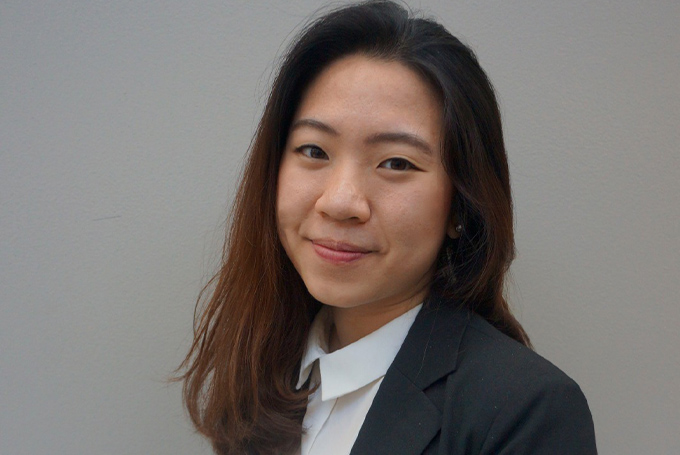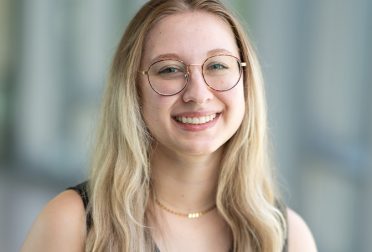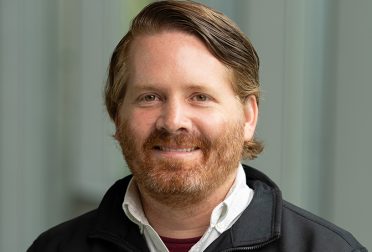SDM ’20
B.Sc., Food Science
M.B.A.
Zenia Adiwijaya is a food scientist currently working at Edesia Nutrition, a nonprofit that makes therapeutic food for malnourished children. While she had already earned her MBA in conjunction with a B.Sc. in food science and technology at Iowa State University, she felt that she needed further education to become a well-rounded systemic thinker and leader.
“Since I live in Rhode Island, I was able to attend an in-person SDM info session at MIT. I was able to talk to the program director, admissions officer, and several students,” she said. “I also shadowed a second year SDM student and attended two classes to try them out. These opportunities helped me evaluate whether this program would suit my career objectives and interests.”
As an aspiring entrepreneur, Zenia says she’s thrilled by the entrepreneurial spirit and many interdisciplinary opportunities at MIT. “I’m excited to participate, learn, and connect with people from similar and distinct backgrounds.”
What made you apply to the program? And why did you decide on SDM instead of a traditional MBA or other graduate degree?
My initial interest in applying to the SDM program stemmed from the program’s vision of educating leaders who tackle complex problems. I agree that the first crucial step in attempting to solve any problem is to thoroughly understand the underlying system, whether it is highly technical, organizational, and/or sociotechnical.
Although I did consider pursuing a Master’s in Food Science, I finally decided to attend the SDM program because it provides a more rounded combination of technical and management education. I was also excited about the opportunities to explore emerging technologies that could potentially be used to support my specialization in food science.
Finally, I was attracted by the SDM program’s flexibility. Along with the core class and thesis, the elective courses in engineering and management encourage students to focus on their career missions.
What’s something you hope to learn in the core class?
I hope to obtain an in-depth understanding and learning experience of how to deal with a complex system and apply multiple tools and methods. I am aware that there is no one perfect answer for any complex problem. Ultimately, I would like to confidently know where to start, how to thoroughly and critically evaluate existing systems, and eventually what solution I can provide to contribute to the systemic challenges. I am also eager to learn from the diverse cohort from various industries who have been exposed to distinct types of systemic challenges.
How do you plan to take a systems approach in your work with food security and nutrition?
As a food scientist currently working in a company that creates RUTF (Ready to Use Therapeutic Foods) for malnourished children, I am fully aware that providing emergency food products is not the ultimate solution of eradicating various malnutrition problems, but merely a temporary treatment providing adults additional time in detecting the most effective solution and obtaining food security. This is one of the main reasons I want to pursue the SDM program: to incorporate systems thinking in the whole solution-hunting discovery.
Using a systems approach, I would like to further assess and evaluate food systems in terms of food availability and accessibility to marginalized population in emerging countries, specifically Indonesia. The food system itself is a vastly complex field. I am excited to delve deeper and explore potential sustainable solutions through the combination of technology and other areas like education and infrastructure. I also plan to scrutinize the public and private-sector stakeholders. My goal is to be a significant contributor to strengthen food security and prevent malnutrition, which is the consequence of unhealthy systems.




